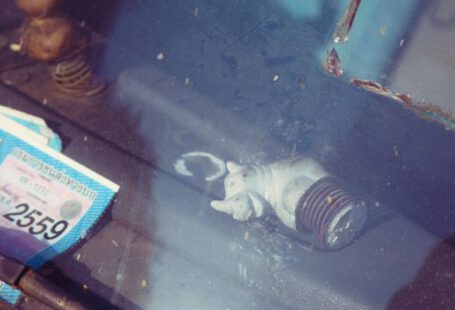Pool Safety Laws Homeowners Must Know
Swimming pools are a popular feature in many homes, providing a source of relaxation and entertainment for families and friends. However, as enjoyable as they are, swimming pools also pose various risks, especially when it comes to safety. To ensure the well-being of everyone using the pool, homeowners must be aware of the pool safety laws in place to prevent accidents and injuries. By understanding and adhering to these regulations, homeowners can create a safer environment for their loved ones and guests.
The Importance of Compliance
Owning a pool comes with great responsibility. Not only is it crucial to maintain the pool’s cleanliness and functionality, but homeowners must also prioritize safety measures to prevent accidents. Pool safety laws are put in place to protect individuals from harm and hold pool owners accountable for maintaining a secure environment. By complying with these laws, homeowners can mitigate the risks associated with pool ownership and ensure a safe experience for everyone.
Barriers and Enclosures
One of the key pool safety laws that homeowners need to be aware of is the requirement for barriers and enclosures around the pool area. These barriers are essential for preventing unsupervised access to the pool, especially for young children who may be at a higher risk of drowning. According to the law, pools must be enclosed by a fence or barrier that is at least four feet high and equipped with a self-closing, self-latching gate. Additionally, any doors or windows that provide direct access to the pool should have alarms to alert homeowners of potential dangers.
Safety Covers
In addition to barriers and enclosures, safety covers are another important aspect of pool safety laws that homeowners should not overlook. Safety covers provide an extra layer of protection by preventing individuals from accidentally falling into the pool. These covers should be strong enough to support the weight of a child or pet and be securely fastened to the pool to avoid any gaps or openings. By investing in a quality safety cover, homeowners can reduce the risk of accidents and enhance the overall safety of their pool area.
Chemical Safety
Maintaining proper chemical levels in the pool is not only essential for water quality but also for the safety of swimmers. Pool safety laws mandate that homeowners must handle pool chemicals with care and follow manufacturer instructions for storage and usage. Improper handling of pool chemicals can result in skin irritation, respiratory problems, or even chemical burns. Homeowners should always wear protective gear when handling pool chemicals and store them in a secure location away from children and pets.
Regular Inspections and Maintenance
To ensure compliance with pool safety laws and prevent potential hazards, homeowners must conduct regular inspections and maintenance of their pool area. This includes checking the condition of barriers, gates, safety covers, and pool equipment to identify any issues that may compromise safety. By staying proactive and addressing any maintenance concerns promptly, homeowners can uphold the required safety standards and create a secure environment for pool users.
Conclusion: Safeguarding Your Pool and Loved Ones
As a homeowner with a pool, it is your responsibility to prioritize safety and adhere to pool safety laws to protect your loved ones and guests. By implementing proper barriers and enclosures, investing in safety covers, handling pool chemicals with care, and conducting regular inspections, you can create a secure pool environment that minimizes the risks of accidents and injuries. Remember, pool safety is not just a legal requirement but a moral obligation to safeguard the well-being of those who enjoy your pool. Stay informed, stay vigilant, and make pool safety a top priority in your home.





